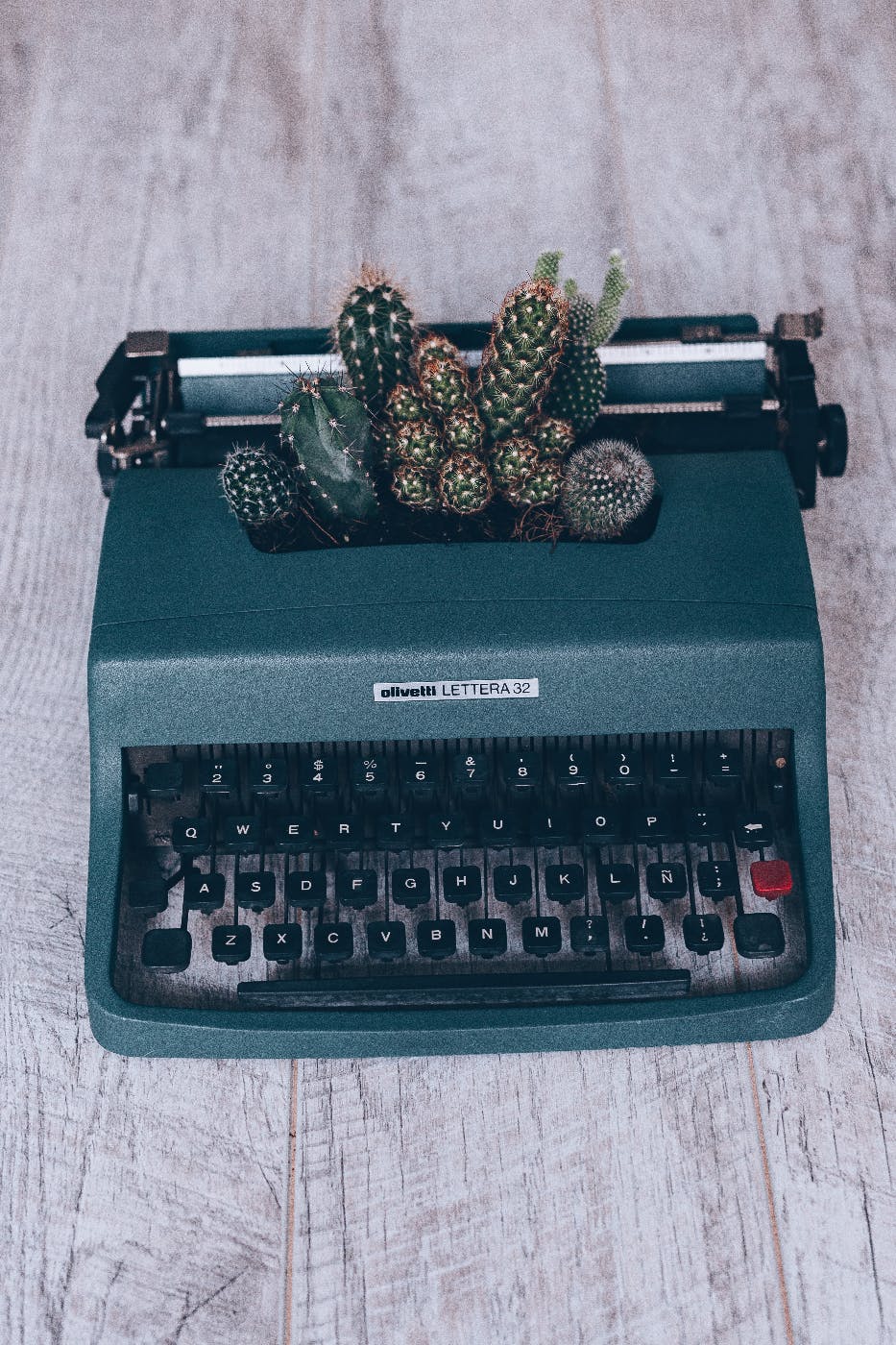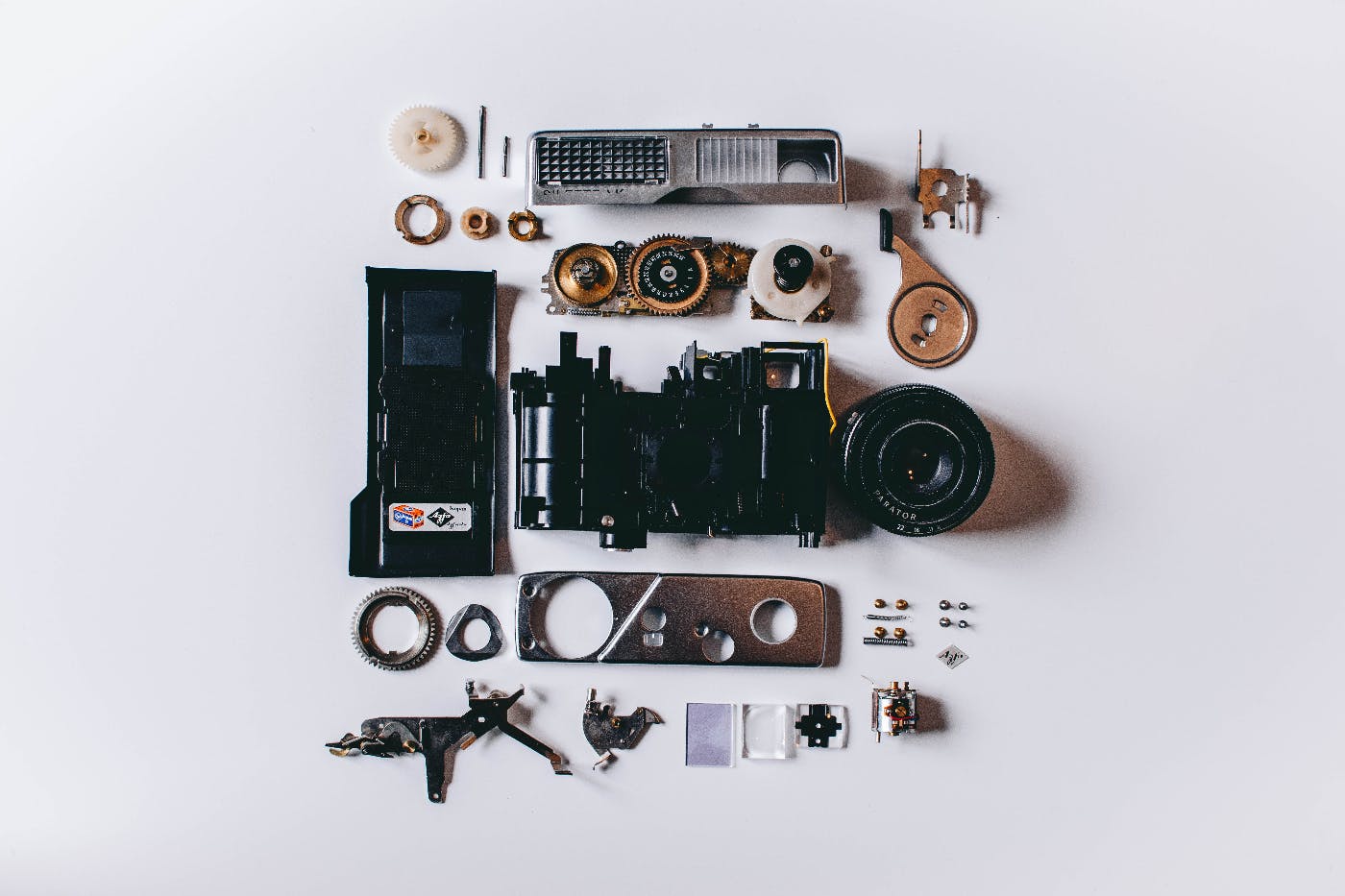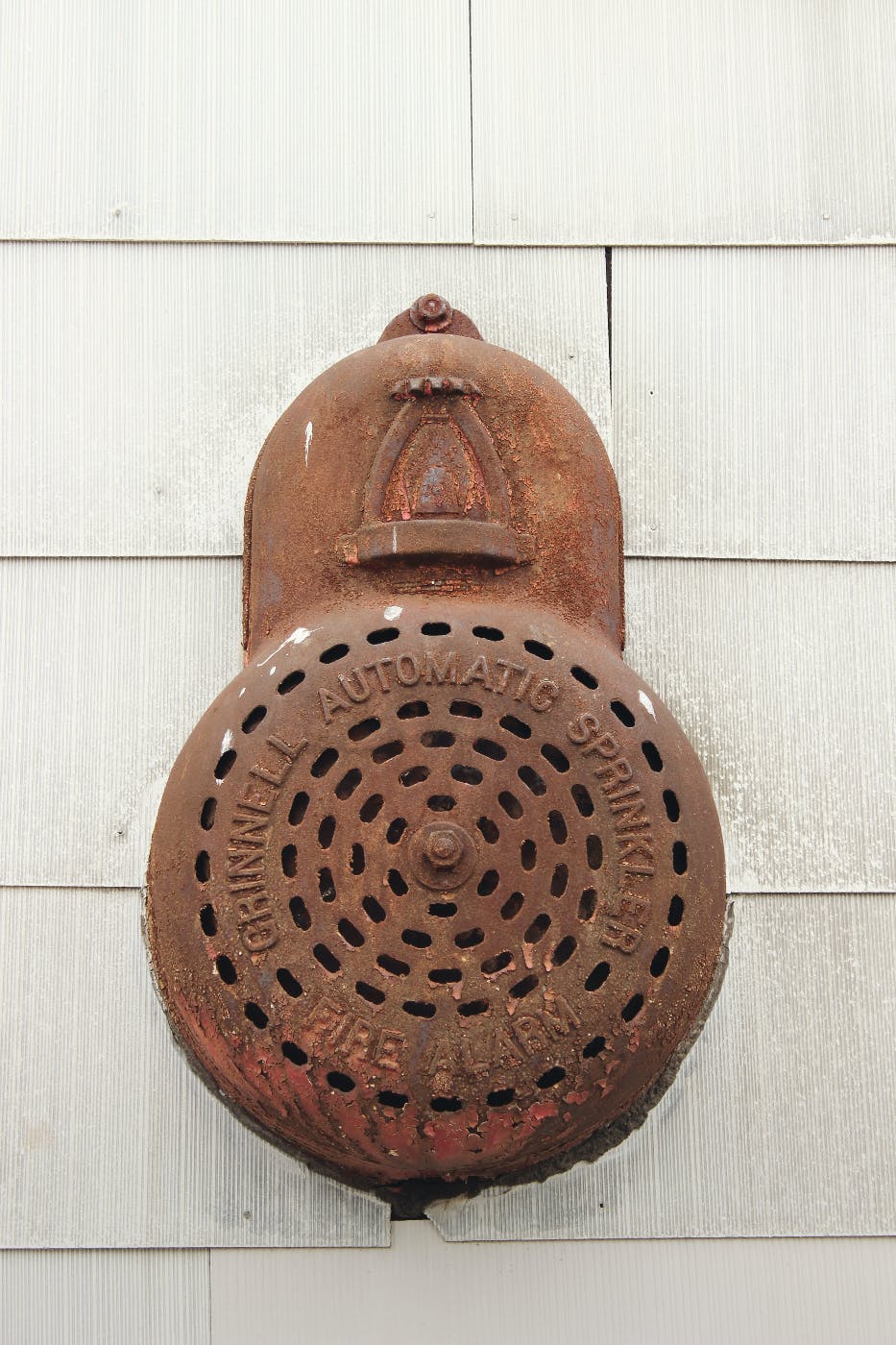
We at ThoughtLab are very interested in creativity, how to manage it, how to spark it, and how to keep it going.
What do I write? Will I be judged, mocked, ignored, reposted, or sent screaming? I am supposed to be a writer, and yet when I set fingers to keys, I cannot think of a single thing to write. Outside, the rain reigns, and I am trying my best to adapt to my newly adopted hometown. Small, quaint town by the sea, A harbor town like in that song Brandy, you’re a fine girl; what good wife you would be. There are many dive-type bars in this wee town that would welcome me and sauce me up, but, truly, I have quit drinking, going on about five years now, and though I do miss it from time to time, I am happy not to be walking up hung over like a beaten dog—those were the days. I do miss being in bars and that feel of a heavy glass; Leo McGarry, tough as nails, and the way he described drinking, heavy glass, ice cube dropped from just the right height. , I add the sweet waft of bourbon, the smell of oak, and that first sip. For me, the first sip, after a long day, after a sunny afternoon, after the sun sets, after claiming it’s noon somewhere, that was the start and the finish. well, that was when I was sloppy, unintelligible, and slipping into an Uber, trying to seem not drunk but knowing deep inside I was doing a poor job of it. But some part of me misses those days. Not sure why. It may be that I am currently in a creative slump, and I recall being more creative back then. Words flowed easier, and I was on stages and in front of cameras more often; now, I am in my apartment, which is bigger than the studio I holed up in back in Salt Lake for twenty-plus years. But, I feel the creativity has dried up. And I know it will return; it has to drop off now and then. The thing that people need to understand is that creativity isn’t like salt cod in a barrel that you can dole out at any time. Who said that? I know I didn’t. I’m not that smart. Joan Didion, that’s who. Yes, she said that, and it’s true you have to be patient sometimes, coax it out, sometimes just walk or sit in a coffee shop, and sometimes doing the listening games; those are helpful. I need to get back to that stuff to using the tools I have written about that have been taught to me that I have relied on for decades. I’m sure it will come back, and if it doesn’t, there’s a Dutch oven full of homemade meatballs and sauce on the stove. That’s kind of magical. Standing over the pot with chunks of fresh, warm bread and just dipping and eating, dipping and eating. The meatballs are a thing unto themselves. I will consume them perched on the tines of a fork or in a nice roll as a meatball sub, with cheese melted on top in the broiler. I know that I can melt chees in the microwave, but in the broiler, it gets some of those lovely burned sections, dark spots that are crisp. A while different flavor and feeling profile when you melt the cheese. Which, did you know, you can get addicted to? I just wrote something as a joke, one of the dear Paul articles, but I have dropped down a rabbit hole of cheese addiction. It seems that it releases hormones and is as strong as heroin. But you don’t see people on the streets asking for money for a can of easy cheese, and this makes me wonder, are there difficult cheeses? Cheeses that have been brought up through the cheese foster system and they are just combative, mean, distrustful? No one wants a distrustful cheese. This is a good cheese with nice warm flavors and hints of oak and raisin; the only problem is it is rough, distrustful, and will demand ot have its way. It needs love, understanding, and a place to melt. Tough cheese, as it were, not like that easy cheese at all. And it makes you wonder, if the cheese is easy, is that a questioning of its morals? Man, that is one slutty cheese; it's so easy. I don’t know how this works in the cheese world. maybe some cheeses get slut shamed when they become easy. Who knows? I don’t. But then again, I don’t know much, and that seems to hold me back, but only when I’m trying to pretend I’m a doctor. I’m not a doctor, but I’ve played one on TV. And, you know, I have actually. Yup, I’ve played doctors on TV, and that was fun. Now I wonder if I’ll ever be on TV or in a movie again. But things are odd now; my dad and brother recently died, very close to each other, and that has sent my world in a spiral. But here I am, fingers ot keys, automatic writing, getting it all out, and seeing what I can discover about myself. Not much right now, nothing I didn’t know about myself. I am a bit of a turophile, a cheese lover, a cheese eater. If I were living my life in a 40s noir film, I’d be a rat, stoolie, a cheese eater, a fink, and telltale. Well, I’m not, but I do have an affection for cheese. But I’m not a cheese snob; I don’t know a lot about cheese, but I do know I like a good aged Irish cheddar more than American cheese slices. Which are not called cheese; they are called cheese food, Which I always assumed was what you bought to feed your pet cheese. Like dog or cat food, only it's cheese food. Feed the cheese. That could be a slogan for something: feed the cheese. Taste the cheese, melt the cheese, feed the cheese. But who would buy that, who would sell that, and could I write copy for it? Who knows.
The above is an example of ten minutes of automatic writing.

Automatic Writing
If you’ve followed the blog, The Tonic, as we call it, on the ThoughtLab website, you may have read some articles about creativity. We are, after all, a creative agency. It’s in our title, and it is in our everyday work world. We at ThoughtLab are very interested in creativity, how to manage it, how to spark it, and how to keep it going. Our creativity blogs have addressed such things as saying yes, playing simple games, the courage it takes to be creative, fighting creative droughts, and so much more.
One of the tools that we have suggested is automatic writing, like the example above.
Here’s the deal: I put my fingers to the keys for ten minutes and just typed what was going on in my head. There was no filter between thought and finger action; what I thought flowed freely and without prompt or judgment. This is not easy for a few reasons.
What will I say?
One thing that keeps us from experiencing that creative flow, like a river of ideas, is the editor. I know him as the editor. He is, and right now, I’m not 100% sure why I have called this editor a he. I didn’t bother to check its pronouns, but as I am a he, I identify as a he/him, and this editor is in my head, abusing my thoughts and getting in the way of my creative process; I will share my pronouns with him.
This editor we have discussed before, and I will often return to this guy when talking about creativity. This editor can take many shapes and have many voices. My editor, who has been with me for several decades, drinks cheap bourbon, smokes thick cigars, has bad teeth, foul breath, rheumy eyes, and a phlegm-filled voice that morphs quickly into convulsive wet coughing when he finds something amusing. I have been with this editor for so long that I have created a clear image of him. I see him at a desk in a small office with an ashtray overflowing with dog ends of cigars and piles of newspapers all around him. I am familiar with him, and some days, we can have reasonable conversations when I attempt to write. He often throws insults and barriers from behind his desk without even looking up from the newspaper.
The editor’s job is to put fear, doubt, self-consciousness, and any other obstacle he can find in the way of the creative process. This editor can do this in many ways. For example:
Practical: Hey, you don’t have time for this; you have all this stuff that NEEDS to be done.
Seemingly Supportive: Don't do this today; you’re not in the right head space, and it will turn out bad.
Abusive: I cannot believe you’re still attempting this; you’re not in the same league as “real” writers. Just give it up and save yourself the humiliation.
Usually, the editor siphons fear and doubts from your past, lays them at your feet in the present, and stops the creative flow before it starts. No matter how long you’ve been in the game, you have an editor waiting to crush you.
So, when you undertake the creative process, like automatic writing, the editor asks, well, what are you going to say? And why would anyone want to read that? And who do you think you are trying to write? And on and on.
This makes automatic writing so great; there is no pressure; you just put pen to page or fingers to keys and write. Just write. Don’t think or plan; when you just write, the editor has less reason to get in the way.
Why this is good
When I’ve talked before about automatic writing or some of the improvisation games I’ve played to help get the creative juices flowing, I often hear: “Why are we doing this?” That is another example of the editor trying to take over. We question why, and many times, we don’t care why; we’re asking to delay or find a way out. The reason for that varies. But for most people, it comes down to a few things when dealing with automatic writing.

I have nothing to say
This is the first roadblock the editor will throw at you. What will I say? Now, this is easily avoided if you understand the rules of automatic writing, which are to put pen to age or fingers to keys for a predetermined amount of time and write. That’s it. There is no mention of quality or who you’re writing for, who will read it, how it should be received, none. Because automatic writing is for no one but you. So, what will you write? Whatever you write.
I will sound stupid
That doesn’t matter, as you’re not sharing this with anyone. Automatic writing is a tool to get you going, clear your head, and uncover your thoughts in the deep recess of your mind. It is for you only, so remove the fear of judgment.
People will think I’m insane
Maybe if they read what you’re automatically writing, but they aren’t going to read it. Again, this is for you, not for public consumption, so just know that what you write is a secret, and no one will see it unless you decide to share it, as I have done at the top of this article. But, don’t. Don't share it, and don’t plan to share it, not even in the back of your mind or with your best friend. The moment you think, I’ll let Dave see this, or I’ll share this with Connie, is the moment you open the door to the editor, and then, you’re doomed.
Why it’s helpful
There is this notion that creative people just sit down, and stuff floods out of them. They sit and write poems and plays, music, and operas. They stand before a blank canvas, and colors, shapes, and forms appear like turning on a faucet. Nope, that doesn’t happen.
Would you expect a professional athlete just to show up at a game and be great no practice, no prep? That doesn’t happen either. Creatives, like athletes, need to practice, stretch out, warm up, and get into that mindset, that zone where they are free to create. Automatic writing is a great warm-up, a pregame task to help you get into a more creative space.
Automatic writing shakes out the cobwebs if you’ve been away for a bit. It can bring deeply hidden ideas to the surface. It can allow you to riff on a subject and find a throughline. It is a very handy way to get your mind ready to be open to creativity.
You cannot just sit down and be creative. If you try to do that, you’re facing frustration and leaving yourself wide open to be abused by the editor. You need to work up to it; some days, it’s just not there. Like practicing free throws or doing the steps of a form in martial arts, automatic writing sets your mind and muscles up to be open and receptive to the creative impulses.
Discover more about yourself
When you’re not thinking about writing well or pleasing an audience, your mind will give you insight into the deeper reaches, and you might discover some things about yourself that you didn’t know.
In the example of automatic writing I shared at the start of this article, I noticed that I focused a great deal on my past drinking habits and then saw that I am still profoundly grieving the deaths of my father and brother.
Now, I have been sober for about five years, and I will share that I have been good with it. I have few times where I was craving a drink, and I have sat in bars or at tables with friends who are drinking, and I haven’t been tempted at all. However, when automatic writing for this article, I saw that my drinking and the loss of my family are still topics my mind holds on to. Now, I have no idea what to do with the information, but it is something I am now aware of and can address or be ready for when those things turn negative or move me down a path where I shouldn’t go. I am more aware of myself due to the automatic writing.
Because you’re not connecting the writing to an audience or the writing isn’t being done for work, it is a free-flowing stream of what is deep in your mind. Without thinking, you uncover thoughts you didn’t know you had, subjects you didn’t realize were troubling or exciting you. You can get deep into your thoughts and learn something about yourself that you may not have known through automatic writing. As Socrates said, “Know thyself” because the more you understand yourself, the more you can understand other people. The deeper you know yourself, with all your quirks and foibles, the more you can accept that others have quirks and foibles, and you may learn that we’re all connected more profoundly than you imagine.
Knowing yourself gives you a better idea of what you’re capable of, giving you possibilities. Creative and regular life possibilities.

How To
How to automatic write? Simple: just sit down, set a timer, and write.
Set the timer for five minutes when you start; believe me, it will feel like an eternity, and the hands on the timer will seem to be moving backward. Stay with it and write.
I wrote my opening stream on the computer because I wanted it to be the opening for this blog, but you can and should write on paper with pen or pencil.
Handwriting makes the automatic writing process more physical. You can see when you’re relaxed and allowing the flow to happen. Your handwriting opens up; there are more curls and movement to the written word. Our emotions are directly connected to our physical being, so automatic writing with a pen in hand also allows the body to get into the writing.
Do not expect to do this immediately; the editor is lurking, and when you start to automatic write, you’ll struggle, pause, get going, stop, and start again. Like an athlete, you need to work up to the big game. So, start small, five minutes, and write.
You’ll learn about yourself, open up the creative channels, get out of your head and out of your own way, and put yourself into a pattern where creativity may come more easily to you. At the very least, you’ll be warmed up and ready to face any creative challenge.
You Should Know
ThoughtLab is a dynamic and innovative full-service creative agency renowned for its exceptional branding prowess and relentless commitment to thinking outside the box. With a team of visionary creatives, strategists, Web3, and marketing experts, plus decades of superior website design, ThoughtLab consistently delivers groundbreaking solutions that redefine the boundaries of branding and design. They understand that in today's fast-paced and competitive landscape, it is vital to break away from convention and embrace bold, unique ideas.
ThoughtLab's approach revolves around immersing themselves in their client's businesses, understanding their values and aspirations, and crafting tailor-made branding experiences that resonate deeply with the target audience. Their track record of success stands as a testament to their ability to push creative boundaries, captivate audiences, and ensure their client's brands stand out amidst the noise. With a focus on innovation and a passion for excellence, ThoughtLab continues to be at the forefront of revolutionizing the world of branding and marketing. Contact ThoughtLab today.

